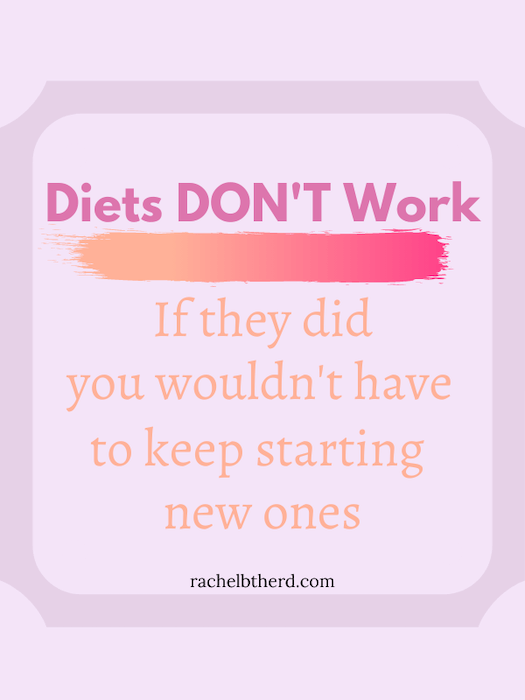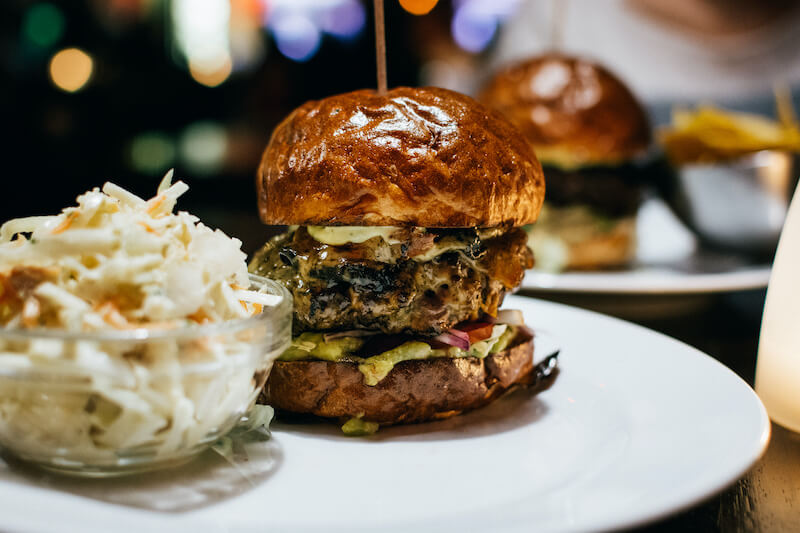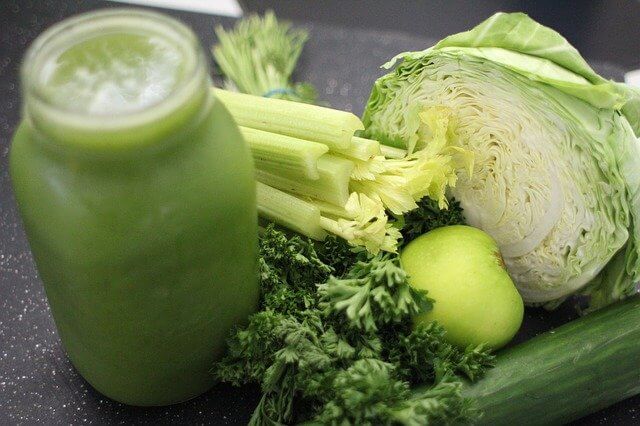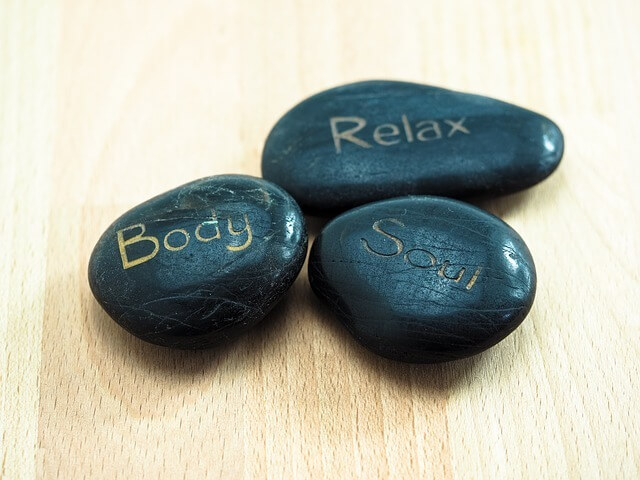Avoiding fad diets in the New Year: Don’t let diet culture deprive you of the joy that food can bring. It’s important to learn balance with your food and in your life to live a healthier lifestyle long term.
It’s no secret that the holidays throw off our routines. Also, it’s not surprising that after all the indulgences and stress that follow this wonderful time of the year, people are determined to refocus and plan how to make better versions of themselves in the year to come. Common New Year resolutions include breaking bad habits, incorporating new good habits, and- the most popular resolution of them all- losing weight through diet and exercise programs.

I fully support making sustainable changes to one’s lifestyle in order to improve physical well-being and mental health. I work with patients every day to review their dietary needs and discuss ways to eat healthier and stick with regimented physical fitness routines.
Avoiding Fad Diets
What I cannot condone is the predatory ways the diet industry capitalizes on our insecurities every January. I’m disgusted with their onslaught of weight loss advertising and toxic diet narratives broadcast on every social media platform. They take all the joy out of the holidays by making people feel ashamed of themselves and how their bodies look, often promising quick and unrealistic results in the new year with unproven or even reckless diet routines.

The Dieting Myth
We are inundated with messages that we have to change ourselves to accept ourselves. That if we lose the weight and obtain the “right or ideal” body size, only then we will be successful and happy.
What they’re missing is that every body is unique. We all have different standards and nutritional needs to optimize how we feel and perform. If there was one diet that was 100 percent effective for everyone, then the weight loss industry wouldn’t even exist. We’d all be able to follow one definitive plan to achieve a universal physique. This does not exist in the real world. Yet, people continue to pursue what this industry pushes as the ‘ideal’ at the risk of people’s health and well-being. Unfortunately, people fall prey to the latest fad diets or restrictive food plans, chasing an unrealistic body type and often spending loads of money to do so.
Fad Diets: Why They Don’t Work
-
Most people approach their diet as a temporary state of mind.
People think they can suffer for a short period from these diet changes and expect long term success. However, most of these diets are not sustainable long term. Unfortunately, if you look at the changes you made as temporary, you are likely to go back to your original eating habits.
-
Fad diets tend to be a one size fits all prescription.
They are supposed to work for a diverse population, but they don’t take into consideration a specific individual’s needs. For instance, it doesn’t account for your medical history, work schedule, food preferences, food you have access to, if you cook your meals, and so much more. In order to be successful, plans have to work for your lifestyle.

-
Defining foods as good and bad.
We should avoid labeling food as “good” and “bad.” Yes, some foods are more nutritious than others and provide longer lasting energy. However, just because a certain food provides less nutrients doesn’t make the food “bad,” it’s simply less nutritious. Diets can make you feel shame, guilt, or even that you have failed the diet if you eat “forbidden” foods. It gives food power over the person. This only increases your stress around food and can lead to an unhealthy relationship with food. When you stop giving moral value to food you can achieve “food freedom” and truly enjoy and be satisfied with what you eat.

-
Difficult To Live A Normal Life
Being on a fad diet can make it difficult to socialize. If the diet is so strict that you feel like you will fail if you go out to dinner with friends or attend a party, then you’re not likely able to sustain it for a long time. Or you may feel isolated, which is not good for your health either.

-
Missing Nutrients
Most fad diets are based on restricting food groups or deprivation of the body. Some even promote high intake of specific foods like celery or grapefruits. People lose weight fast on these diets because they eliminated entire food groups or are just eating a very small amount of food each day. Subjecting yourself to strict food restrictions will only starve your body of the balanced amount of nutrients it needs, which can create long term health problems.
*** My rule of thumb: be skeptical of any diet that either eliminates or overemphasizes a specific type of food! ***

How To Start A Healthy Lifestyle
There are many factors that play a fundamental role in our overall health. Here are some things you can start incorporating for long term success.
Focus On Foods To Add To Your Diet
Instead of focusing on foods you have to restrict or can’t eat, focus on foods you can add to your diet. Fruits, vegetables, whole grains, and healthy fats are just some examples of foods we should be consuming more of. By adding foods that have beneficial nutrients you will have more energy and feel more satisfied. This may sound counterintuitive for weight loss, but it’s important to also eat what you enjoy, though in moderate amounts. Ice cream, cookies, pizza, and chocolate all have their places in a balanced diet.

Stay Hydrated
Your body needs water to function properly. Water regulates your body temperature, boosts your immune system, and is important for the essential functions of our cells and organs. Water helps keep you feeling good. If you don’t love plain water, flavor it with fruit or herbs. Sparkling water or unsweetened tea are great ways to stay hydrated as well.

Add Movement
Exercise is also an important component of building a healthy lifestyle. You don’t have to punish yourself running 5 miles to burn the calories you think you overate the night before. Exercise because you love your body and want to keep it strong.
Choose movements that you like and enjoy doing. This can be going for a walk, yoga, dancing, gardening, lifting weights, swimming, house chores, playing with your kids, really any movement. It’s so beneficial for your body and it really can help give you energy, clear your mind, and boost your mood. Find physical activities you enjoy and look forward to doing in your everyday life.
Get Adequate Sleep
Sleep is essential for the body to function properly. It allows the brain and body to rest and recover. Sleep deprivation can not only make you feel cranky, foggy, and irritable, but it can mess with your hormones that control appetite and hunger. Even short periods of inadequate sleep have shown an increased levels of ghrelin (a hunger stimulating hormone) and lower levels of leptin (an appetite suppressing hormone). Chronic sleep deprivation can cause inflammation, increase the risk of chronic diseases, and decrease immunity. The National Sleep Foundation recommends 7-9 hours of sleep every night.

Manage Your Stress
Find ways to relax and decompress for stress management. Prioritize your self-care to take care of your mind and body. Examples of activities to manage stress include: taking a bath, talking to a friend or family member, journaling, meditating, focus on breathing, yoga, going for a walk, listening to music, exercising, or pampering yourself every once in a while.

Make Health (not your weight) Top Priority
Don’t focus on the numbers on the scale. Often times people start dieting and exercising and the scales won’t budge. This leads to an unnecessary sense of failure. We should be focusing on how our bodies feel and how we will become healthier. Do you have more energy throughout the day? Are you able to complete that mile walk without having to stop to catch your breath? Are you feeling stronger? Or maybe your lab results like cholesterol or blood pressure greatly improve. We need to look at the whole picture for health, not just what the scale shows us.

Bottom Line: Avoiding Fad Diets
Rather than getting caught up in the next fad diet, identify ways that you can feel better and healthier this year. Instead of focusing on which foods to eliminate, focus on filling up on those foods that will give you energy and nutrients. Take time to nurture your body and mind.
Let’s stop obsessing over food. Life is about enjoying food and everything that comes with it including the taste, memories created, and social aspects of getting together to share a meal. All foods can fit into a healthy diet. It’s important to learn balance with your food and in your life to live a healthier lifestyle long term.
Here are some of my favorite recipes from 2021:
- Pumpkin Overnight Oats
- Quinoa Arugula Salad
- Buffalo Cauliflower Wings
- Healthy Chocolate Mousse
- Vegetarian Chili With Butternut Squash
- Mint Chip Smoothie
- Roasted Breakfast Potatoes
What healthy lifestyle changes do you hope to incorporate this year? Share in the comments below. I love to try out your recommendations, and maybe other readers will love your ideas, too! Also, be sure to stay in touch and follow me on Facebook, Instagram and Pinterest
If you are not already following my blog, please subscribe to Rachel B the RD to have every new post delivered straight to your e-mail box! Sign up below!


